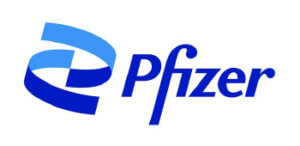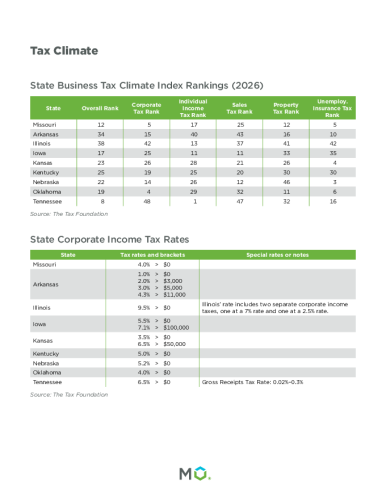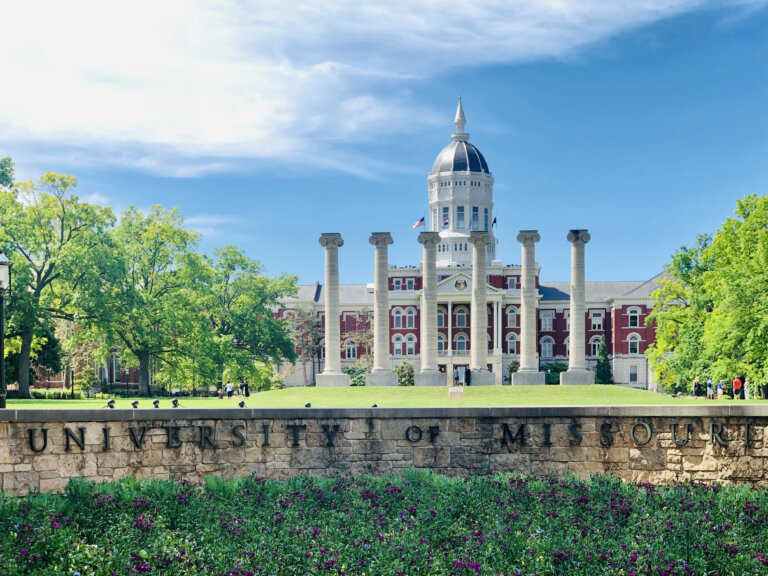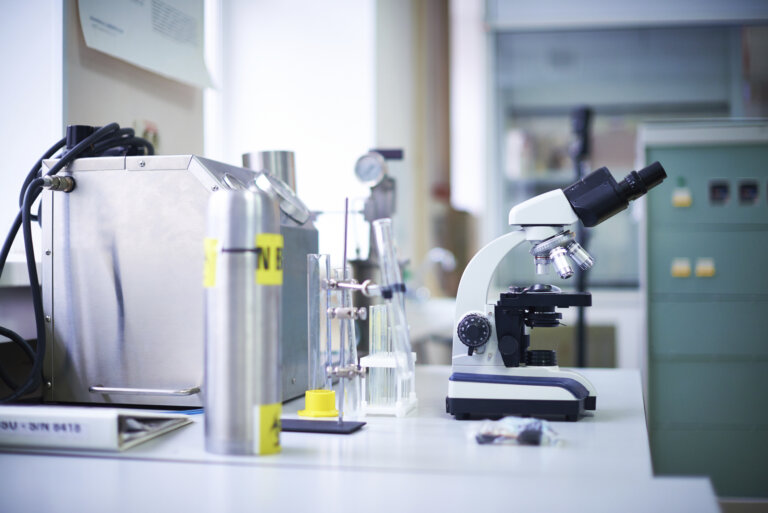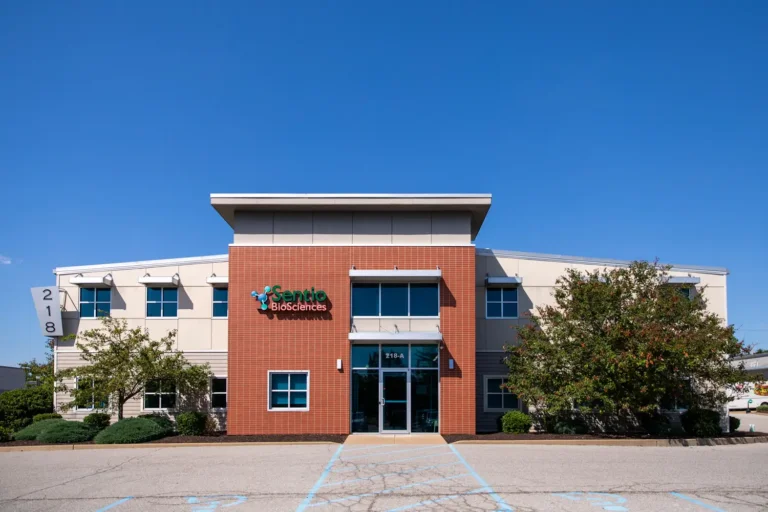R&D
Missouri is Actively Investing in Leading-Edge Industries
Investing in innovation, Missouri is driving growth in high-tech industries such as agtech, geospatial intelligence, cybersecurity, human health, medical, and plant biosciences, and animal health.
In addition to significant investment and attractive incentive programs, these industries are supported by Missouri’s strong research ecosystem and thriving innovation communities.
R&D Tax Credit in Missouri: Supporting Research and Development
Missouri’s R&D tax credit program supports innovation by reducing tax liability for qualifying companies, freeing resources for further investment. Particularly appealing to industries like biotechnology, advanced manufacturing, and geospatial intelligence , this program, combined with Missouri’s business-friendly environment, makes the state a top destination for companies looking to enhance research capabilities and drive growth.
Learn About the R&D Tax Credit and Other Incentive Programs
The Global Agtech Leader
Missouri is the global leader in agtech and the gateway to the future of advanced farming, driving growth with innovative technology and research.
39 North is the world’s first agtech innovation district. It spans nearly 600 acres and includes many of the region’s top agtech companies such as Bayer Crop Science’s Global Seeds & Traits HQ, the Danforth Plant Science Center, Bio-Research & Development Growth (BRDG) Park and the Helix Incubator.
Donald Danforth Plant Science Center is the world’s largest independent research institute focused on plant science, with more than 1,000 plant scientists conducting research targeted at increasing crop yields, their nutritional value, and resistance to drought and disease.
Nearby, Missouri Botanical Garden in St. Louis conducts the most productive and diverse botanical research in the world, employing nearly 50 Ph.D. botanists.

Missouri has one of the largest concentrations of plant science PhDs in the world.
Missouri’s Animal Health Corridor
Missouri is home to the Animal Health Corridor, which stretches from Kansas City to Columbia and houses more than 300 animal health companies, representing the largest concentration of its kind in the world.
This corridor includes leading organizations like the American Angus Association and the U.S. Animal Health Association, making Missouri a hub for innovation in animal health and veterinary science.
Learn More About Animal Health in Missouri
Missouri Knows Geospatial
Missouri is home to the National Geospatial Intelligence Agency HQ West, and much of the R&D in the region is connected to this leading-edge U.S. government agency.
Missouri’s geospatial ecosystem is also strengthened by a network of world-class facilities and initiatives that foster innovation and collaboration. Some of the most influential Missouri organizations include:
- NGA opened its first unclassified innovation center inside T-REX incubator, Moonshot Labs.
- Eight research institutions recently joined forces to create the Taylor Geospatial Institute.
- GeoHornet Lab at T-REX serves as a career path launching pad for geoscience students.
- The NGA Accelerator Powered by Capital Innovators recruits startups developing technology that can help address geospatial challenges.
- The Geospatial Innovation Center at T-REX, powered by Bayer, is 16,000 sq. ft. of innovative and creative workspace dedicated to connecting and growing our geospatial community.
Learn More About Missouri’s Geospatial Industry

Missouri is Healing the World
Missouri is a leader in life sciences and medical innovation, using its robust research infrastructure to tackle global health challenges. Organizations within the Cortex Innovation District district receive over $400 million in NIH funding annually, advancing health and medicine.
The API Innovation Center enhances health security while fostering job growth, and Pfizer’s Missouri locations were critical in producing a key component of the COVID-19 vaccine.
The Saint Louis University Center for Vaccine Development, one of nine NIH-funded centers, has led groundbreaking research on vaccines for H1N1, RSV, and tuberculosis. In Kansas City, the Stowers Institute for Medical Research advances gene and protein studies to address disease prevention and treatment.
The McDonnell Genome Institute at Washington University was a pioneer in the Human Genome Project and the first to decode the DNA of a cancer patient. Missouri’s life sciences ecosystem is driving innovation and transforming global healthcare.
Learn More About Human Health R&D In Missouri
Fostering Collaboration & Innovation in Missouri
Companies working from Missouri innovation districts are at the forefront of groundbreaking developments across industries. These communities provide a collaborative environment, enabling startups and established companies to partner with top-tier universities and research institutions.
This ecosystem ensures Missouri remains a leader in advanced research and development, making it an ideal location for companies looking to expand their innovation capabilities.
St. Louis Innovation District
The St. Louis innovation district is a dynamic ecosystem driving advancements in industries ranging from life sciences to geospatial intelligence.
Anchored by world-class institutions like Washington University in St. Louis and the Cortex Innovation District, this hub is a magnet for top-tier talent and forward-thinking companies.
With cutting-edge facilities, including T-REX, a 16,000 sq. ft. innovation center fostering collaboration in geospatial and tech industries St. Louis is positioned as a national leader in research, development, and industry collaboration.
Missouri Universities are Key to Research Innovation
Missouri’s universities are critical drivers of research and development across the state. Washington University in St. Louis and the University of Missouri in Columbia are among the top 100 universities in the U.S. for R&D spending, with Washington University ranked 26th, and the University of Missouri 70th.
Together, these institutions received nearly $1.5 billion in research funding in 2022, advancing fields like regenerative agriculture, genomics, and vaccine development.
Look Who’s Already Here:
What Missouri Can Do for You
Missouri’s combination of innovative research parks, supportive programs like the R&D tax credit, and a collaborative research ecosystem ensures businesses have the tools they need to succeed.
Considering launching operations in Missouri? Learn how our team helps companies like yours.















